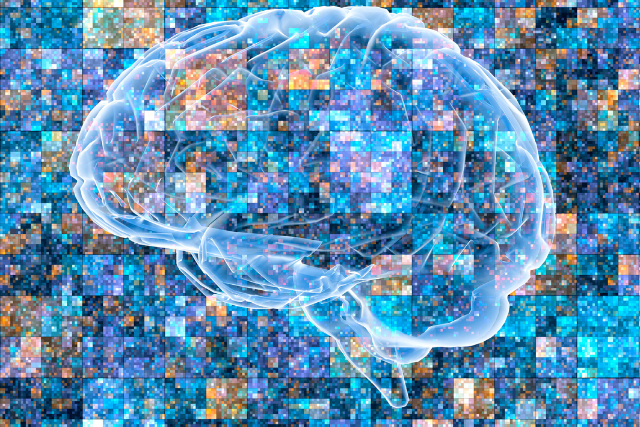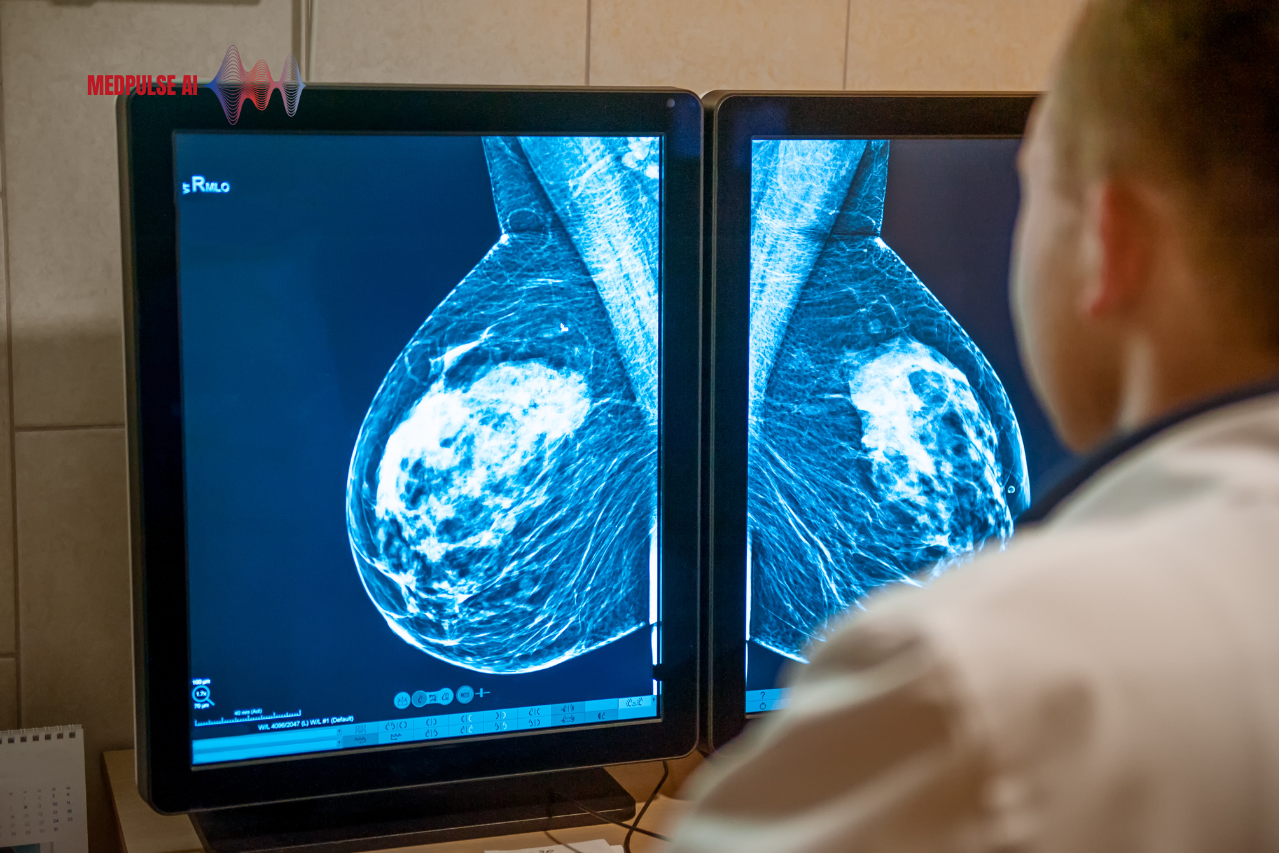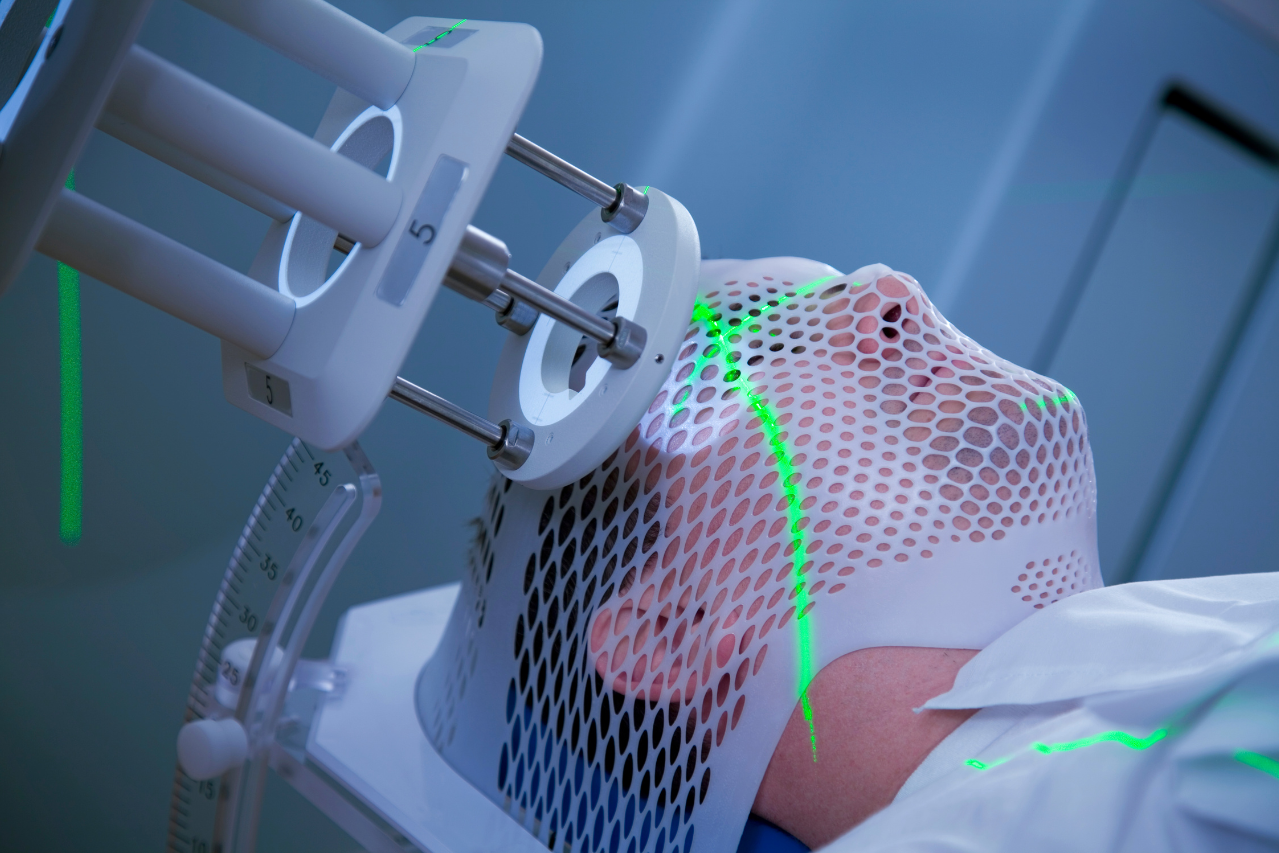Neurology, a medical specialty dealing with disorders of the brain and nervous system, is undergoing a significant transformation with the advent of artificial intelligence (AI). AI’s ability to analyze vast amounts of data, identify patterns, and provide real-time insights is particularly valuable in neurology, where conditions such as epilepsy, Parkinson’s disease, and Alzheimer’s disease require precise diagnosis and personalized care. The integration of AI with neurology not only enables earlier and more accurate diagnoses but also facilitates the development of tailored treatment plans based on the unique characteristics of each patient.
This post explores how AI is revolutionizing the early diagnosis of neurological diseases, enhancing personalized treatment, and enabling continuous monitoring of patients with neurological disorders.
AI in Early Diagnosis of Neurological Diseases
Early diagnosis is critical in managing neurological diseases, particularly neurodegenerative conditions like Alzheimer’s disease, where early intervention can significantly slow disease progression. Traditional diagnostic methods often rely on subjective assessments and can miss early signs of conditions like dementia. AI, however, offers more precise and objective tools for identifying the onset of neurological diseases at their earliest stages.
Alzheimer’s Disease: One of the most compelling applications of AI in neurology is in the early detection of Alzheimer’s disease. Researchers at Massachusetts General Hospital have developed AI algorithms capable of detecting Alzheimer’s from MRI scans with up to 90% accuracy, even before clinical symptoms manifest. This is a critical breakthrough, as Alzheimer’s disease typically begins to damage the brain years before memory loss and cognitive decline are noticeable. Early diagnosis allows for timely intervention, which may delay the progression of the disease and improve the patient’s quality of life.
A study published in Nature Communications demonstrated the effectiveness of deep learning algorithms in identifying structural changes in the brain associated with Alzheimer’s. These algorithms can process MRI data and compare it with healthy brain images to detect anomalies, offering a more objective diagnosis than traditional methods that rely on a physician’s interpretation of the images . AI’s ability to process large datasets quickly and accurately makes it an indispensable tool in identifying Alzheimer’s early, thus enabling earlier and more effective treatment strategies.
Parkinson’s Disease: AI is also playing a pivotal role in diagnosing Parkinson’s disease, another neurodegenerative condition. Traditional diagnosis of Parkinson’s is often based on motor symptoms, which may not appear until the disease has progressed significantly. AI, however, can analyze non-motor data, such as voice patterns and typing speed, to detect Parkinson’s disease earlier than is possible with standard diagnostic techniques.
A study by the University of Rochester demonstrated how AI-powered speech analysis can detect changes in a person’s voice that are associated with early-stage Parkinson’s disease. This technology analyzes voice recordings to detect subtle variations that may indicate changes in motor function, allowing for early diagnosis and intervention. Early detection through AI means that treatment, such as medication or deep brain stimulation, can be initiated sooner, improving patient outcomes.
Epilepsy: AI is also being applied in the early diagnosis and prediction of epilepsy. Seizure prediction is one of the most challenging aspects of managing epilepsy, as seizures often occur unpredictably. AI algorithms have been developed to analyze EEG data and predict when a seizure is likely to occur, giving patients and caregivers advance notice and potentially preventing injury. One such tool is the NeuroPace RNS System, which uses AI to analyze brain activity in real time and detect abnormal patterns that may indicate an impending seizure . This AI-powered technology has revolutionized care for epilepsy patients, offering them greater control over their condition.
Personalized Treatment in Neurology
Once a neurological condition has been diagnosed, AI’s role shifts to developing personalized treatment plans. Traditional treatment strategies often follow a one-size-fits-all approach, but AI enables a more tailored approach by analyzing individual genetic, molecular, and clinical data to recommend the best treatment options.
Parkinson’s Disease and Deep Brain Stimulation (DBS): One of the most promising areas where AI is improving personalized treatment in neurology is through deep brain stimulation (DBS) for Parkinson’s disease. DBS involves implanting a device that sends electrical impulses to specific areas of the brain to alleviate symptoms such as tremors and rigidity. AI enhances this treatment by optimizing the electrical impulses based on real-time data from the patient’s brain activity, ensuring the treatment is customized to the individual’s needs. In this way, AI fine-tunes the stimulation to maximize effectiveness while minimizing side effects .
Researchers have also used AI to develop personalized algorithms that predict how Parkinson’s patients will respond to different medications. For example, machine learning models can analyze a patient’s genetic makeup and clinical history to recommend optimal dosages and combinations of drugs, reducing the trial-and-error approach often used in treating the disease.
Epilepsy: In the treatment of epilepsy, AI is also proving to be a game-changer. The NeuroPace RNS System, mentioned earlier, not only helps predict seizures but also provides personalized treatment by delivering electrical stimulation to prevent seizures from occurring. This closed-loop system is highly personalized, as it continually learns from the patient’s brain activity and adjusts the stimulation accordingly. This ability to personalize treatment in real time is a significant advancement over traditional epilepsy treatments, which often involve a generalized approach using medications that may not be effective for all patients .
Multiple Sclerosis (MS): Personalized treatment for multiple sclerosis (MS), an autoimmune disorder affecting the brain and spinal cord, is another area where AI is making an impact. AI algorithms can analyze a patient’s clinical data, MRI scans, and genetic information to predict how the disease will progress and recommend the best course of treatment. A study published in The Lancet highlighted how AI can help predict which patients will benefit from certain medications based on their individual disease profile. This personalized approach to MS treatment allows for more targeted therapies, potentially reducing the frequency and severity of relapses .
Monitoring Neurological Disorders
In addition to improving diagnosis and treatment, AI is transforming how neurological disorders are monitored. Wearable devices, combined with AI, allow for continuous, real-time monitoring of patients with conditions like multiple sclerosis, Parkinson’s disease, and epilepsy. This data-driven approach ensures that treatment is responsive to the progression of the disease, allowing for personalized adjustments to medication and therapy as needed.
Wearables and Remote Monitoring: For patients with Parkinson’s disease, wearable sensors that track movement can provide valuable insights into the progression of the disease. AI algorithms analyze data from these sensors to detect changes in gait, balance, and motor function, which may indicate a worsening of the condition. This continuous monitoring allows for timely adjustments to treatment, ensuring that care is personalized to the patient’s current needs. One example is the Kinesia 360, a wearable device that tracks motor symptoms in Parkinson’s patients and uses AI to provide detailed reports to physicians, helping them adjust treatment plans in real time .
Multiple Sclerosis: For multiple sclerosis patients, wearable devices and AI-powered apps can track symptoms such as fatigue, balance, and mobility over time. The data collected from these devices is analyzed using AI algorithms, providing physicians with insights into the disease’s progression. This real-time monitoring allows for more personalized treatment adjustments, such as changes in medication or physical therapy. One such tool is the MS Sherpa app, which uses AI to analyze data from wearable devices and help physicians tailor treatment to the individual needs of MS patients .
Epilepsy: For epilepsy patients, AI-powered monitoring devices like the Empatica Embrace watch use sensors to detect changes in skin conductance, temperature, and movement that may indicate an impending seizure. This real-time monitoring enables personalized interventions, such as taking medication or avoiding potentially dangerous situations. The watch’s AI system learns from the patient’s data over time, becoming more accurate in predicting seizures, thus improving the overall management of epilepsy .
AI is revolutionizing the field of neurology by enabling earlier and more accurate diagnoses, facilitating personalized treatment plans, and providing continuous, real-time monitoring of patients with neurological disorders. From detecting Alzheimer’s disease before symptoms appear to optimizing deep brain stimulation for Parkinson’s patients, AI is paving the way for more effective, patient-centered care in neurology. Wearable technology and AI-driven monitoring systems ensure that treatment is responsive to the progression of conditions like multiple sclerosis and epilepsy, allowing for timely adjustments that improve patient outcomes.
The integration of AI into neurology represents a significant shift toward personalized medicine, where treatment is tailored to the unique characteristics of each patient, rather than following a generalized approach. As AI continues to advance, it holds the potential to further transform the way neurological diseases are diagnosed, treated, and monitored, ultimately improving the quality of life for millions of patients worldwide.
Sources:
- “Artificial Intelligence in Neurology: The Future of Diagnosis and Treatment,” Nature Communications, 2022.
- “AI-Based Alzheimer’s Diagnosis: A New Frontier,” Journal of Neurology, 2021.
- “Parkinson’s Disease Early Detection Using AI-Powered Voice Analysis,” University of Rochester Medical Center, 2023.
- “NeuroPace RNS System: Personalized Care for Epilepsy Patients,” Neurology Today, 2020.
- “Deep Brain Stimulation and AI: A New Era in Parkinson’s Treatment,” The Lancet Neurology, 2021.
- “Wearable Technology and AI in Neurology,” Journal of Neurological Sciences, 2023.




